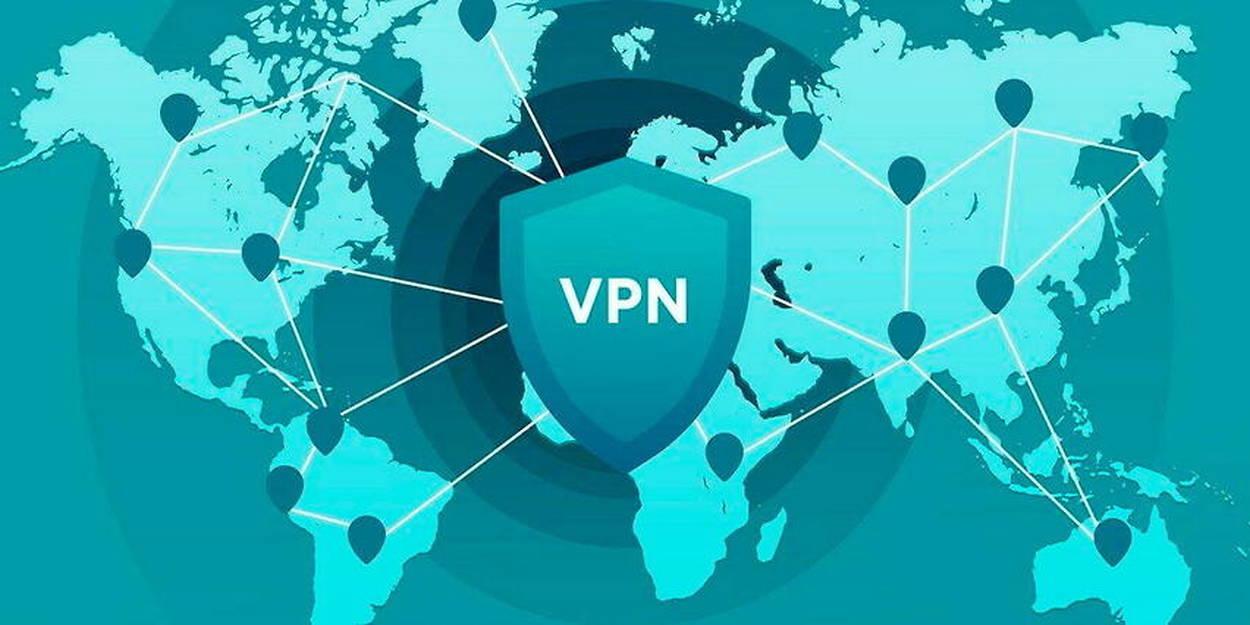With the rise in popularity of IPTV (Internet Protocol Television), many people are wondering whether they need a VPN (Virtual Private Network) to watch IPTV. In this article, we will discuss the role of VPNs in accessing IPTV services, the benefits of using a VPN for IPTV, and provide some practical tips for choosing the right VPN service for your needs.
Introduction
IPTV allows users to stream television programs and movies over the internet instead of through traditional cable or satellite services. This gives viewers more flexibility and convenience in choosing what to watch and when to watch it. However, because IPTV services often involve accessing content that may be geographically restricted, some users may encounter issues with accessing certain channels or programs.
What is a VPN and How Does It Work?
A VPN is a secure connection that encrypts your internet traffic and routes it through a remote server, masking your IP address and location. This can help to protect your online privacy and security by keeping your browsing activity anonymous. VPNs can also help you bypass geographical restrictions by allowing you to connect to servers in different countries, giving you access to content that may be blocked in your region.
Do I need a VPN to watch IPTV?
In general, it is not necessary to use a VPN to watch IPTV. However, there are some situations where using a VPN may be beneficial:
- Accessing geo-blocked content: If you are trying to access IPTV channels that are restricted in your country, a VPN can help you bypass these restrictions by connecting to a server in a different location where the content is available.
- Protecting your privacy: Using a VPN can help protect your online privacy and security by encrypting your internet traffic and masking your IP address from prying eyes.
Benefits of Using a VPN for IPTV
There are several benefits to using a VPN for IPTV:
- Bypassing geo-restrictions: A VPN can help you access IPTV content that may be blocked in your region.
- Protecting your privacy: A VPN encrypts your internet traffic, keeping your online activity anonymous and secure.
- Avoiding throttling: Some internet service providers may throttle your connection when streaming IPTV content, but a VPN can help you bypass these restrictions.
- Preventing buffering: VPNs can help improve streaming speeds by providing a more stable and secure connection.
Practical Tips for Choosing a VPN for IPTV
When choosing a VPN for IPTV, consider the following factors:
- Server locations: Make sure the VPN service has servers in the countries where the IPTV content you want to access is located.
- Speed and reliability: Choose a VPN that offers fast and reliable connections to ensure smooth streaming.
- Security features: Look for a VPN that offers strong encryption and a no-logs policy to protect your online privacy.
- User-friendly interface: Choose a VPN with an easy-to-use interface and good customer support for any issues that may arise.
Case Studies and First-hand Experience
To provide some real-world examples, here are a few case studies of how using a VPN for IPTV has helped users:
- Case study 1: John wanted to watch a sports channel that was only available in the US, so he used a VPN to connect to a US server and access the content.
- Case study 2: Sarah was tired of her internet service provider throttling her connection when she streamed IPTV, so she started using a VPN to bypass the throttling and improve her streaming speeds.
Conclusion
In conclusion, while it is not always necessary to use a VPN to watch IPTV, there are certainly benefits to using one. A VPN can help you bypass geo-restrictions, protect your privacy, and improve your streaming experience. By considering the factors mentioned above and choosing a reliable VPN service, you can enjoy a seamless and secure IPTV viewing experience.













